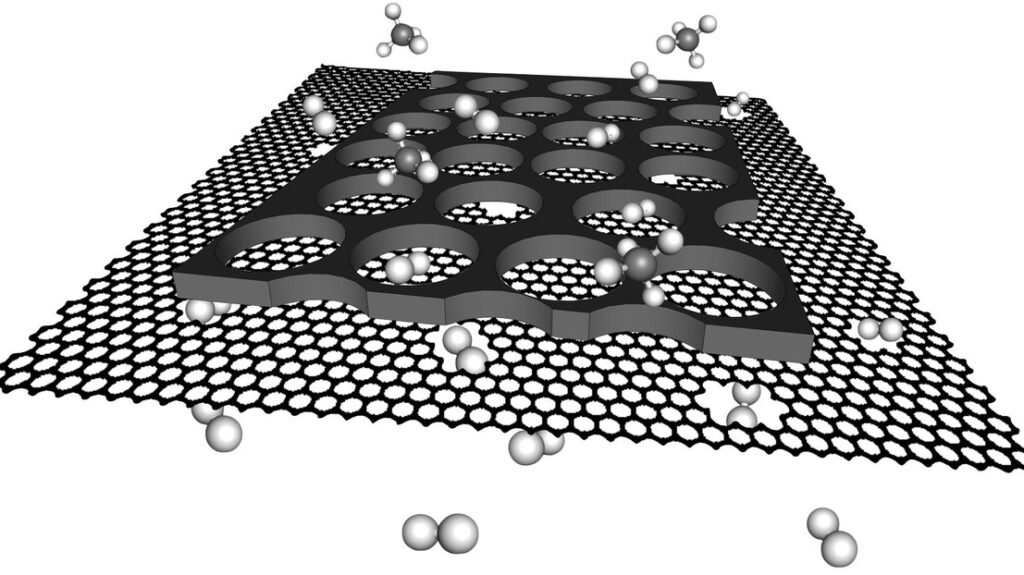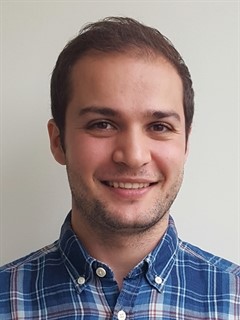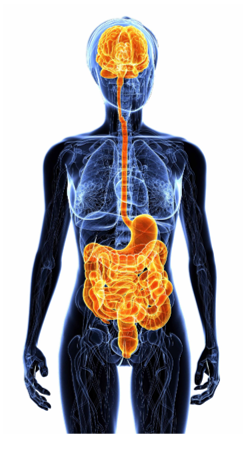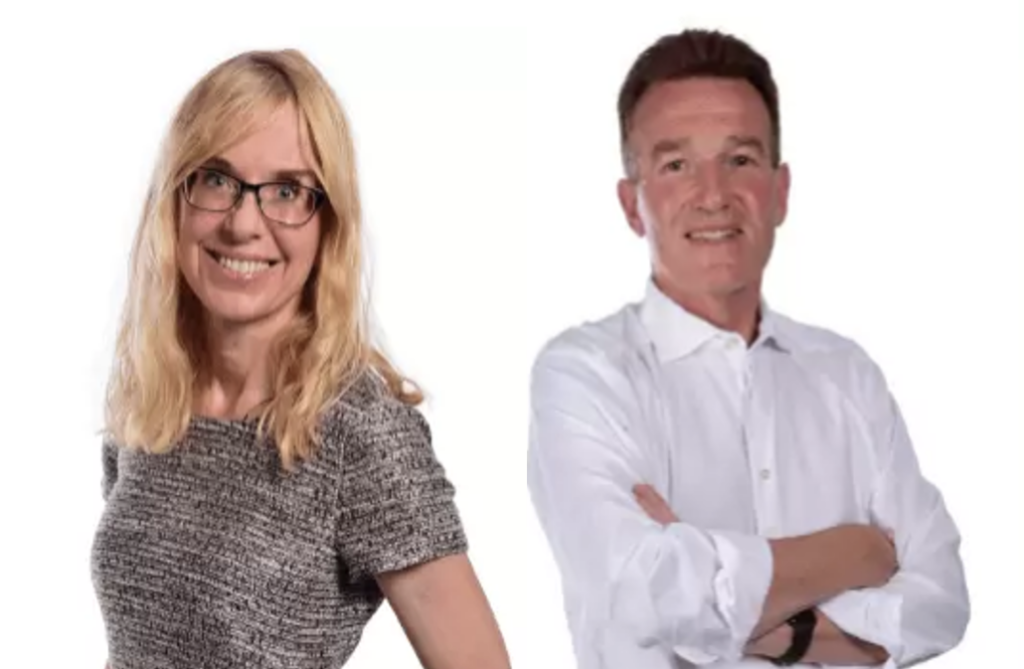
Meet this year’s inspiring Swiss ClimateLaunchpad Contestants
2D membranes – graphene membranes for efficient carbon capture
2D Membranes aims to offer an efficient and cost-effective solution to capture C02 emissions from industries such as cement and steel, thermal powerplants and biogas facilities by separating C02 from their stream with a graphene membrane-based technology.

2D membranes researcher Mojtaba Rezaei is part of a team researching on graphene synthesis at the EPFL Laboratory of Advanced Separations. With the support of the Ark foundation, he and his team are currently working towards the development of high-performance carbon capture membranes to not only reduce the energy required to capture atmospheric C02 emissions, but also to enable the decentralized operation of carbon capture units in small and mid-sized facilities. Additionally, environmentally harmful solvent wastes, which are used in conventional amine-based absorption units should be eliminated.
An initial market research conducted by 2D Membranes initiator Mojtaba Rezaei has shown that the global market for carbon capture generated USD 1.9 billion in 2020 and is expected to rise to USD 4 trillion by 2050 due to regulatory laws. To comply with future stricter legislations and limitations in carbon emission for various industries, companies will require to find more efficient solutions to separate C02 from their streams, before releasing the remaining gases to the environment. This will further accelerate current efforts to reach net zero emissions by 2050. The global cement industry produces around 8% of all C02 emissions, more than air traffic and cargo ships combined (source : SWI Swissinfo, accessed 26.07.2022). Consequently, 2D Membranes plans to initially focus on the Swiss cement industry as well as Swiss waste incineration plants as beachhead markets.

2D Membranes initiator Mojtaba Rezaei has been working on the development of graphene membranes since 2017 as part of his PhD thesis in the Laboratory of Advanced Separations at EPFL under the leadership of Prof. Kumar Varoon Agrawal. Mojtaba Rezaei recently finished his PhD studies and received the Innosuisse Bridge Proof-of-Concept grant to work towards the scale-up of the carbon capture membranes project for 12 months. He strongly believes in the success of the technology and plans to gather a team and establish a start-up in the upcoming months to bring graphene membranes from lab to market.
Read more on LAS and graphene membrane research here.
Healthy-Longer – countering nutrient deficiency through neurotransmitter measurement
Healthy Longer links mental health to climate change by focusing on nutrient density in food and neurotransmitter technology to show how neurotransmitter levels can be positively balanced with nutrient rich foods, which in turn can only grow in dense, regenerative, and consequently C02 absorbing soil.

The company aims to disrupt the mental health sector by measuring neurotransmitter levels linked to mental health issues and improving these levels through a personalized nutrient rich diet. As a causal development the company envisions to initiate a discussion on how we understand nutrient rich versus nutrient poor foods in relation to health issues. A further goal would be to foment a movement towards a more sustainable agriculture that will bring about nutrient dense foods, which grow in rich C02 absorbing soils.
![]()
According to Healthy-Longer co-founder Roland Pfeuti, « nutrient density in food is untransparent and therefore not priced. [If prices were to be adapted according to nutrient quality in foods] this could offer a huge opportunity to motivate farmers to move towards more sustainable farming methods that could increase nutrient density ». Pfeuti argues that the potential of the Healthy-Longer approach, which relies on nutrient density markers, could help thousands of farmers to convert their production from conventional C02 emitting to a regenerative C02 absorbing agriculture.
Healthy-Longer is currently offering a first mental health product, which uses a comprehensive neurotransmitter test as basis and a complex model that connects patient symptoms and neurotransmitter results to nutrients. Patients are then given a personalized diet plan with the nutrients needed to balance their neurotransmitter levels, thereby increasing their mental health. The company has applied for a patent on the above model. Healthy-Longer envisions future products to additionally make use of biomarkers and genetic analysis to address further health conditions.

Healthy-longer co-founders Joanna Ledunger and Roland Pfeuti find motivation in the «huge opportunity for illness prevention that is offered through the measurement of nutrient deficiencies and how these findings could create a positive impact on unsustainable food systems in the future».
Learn more about Healthy Longer here.
- 26.07.2022
- 2:09 pm
